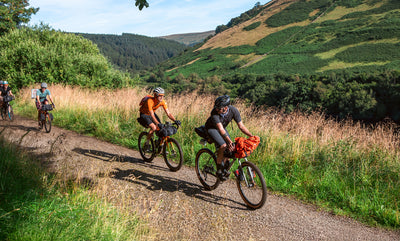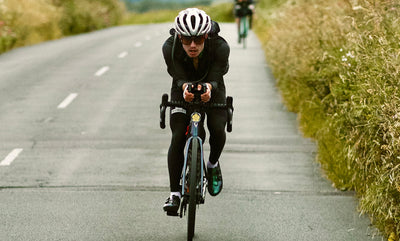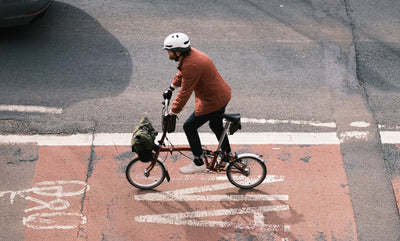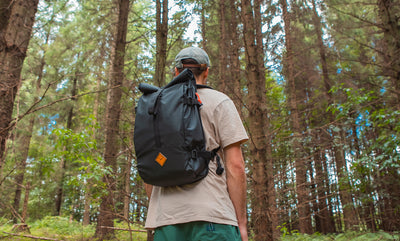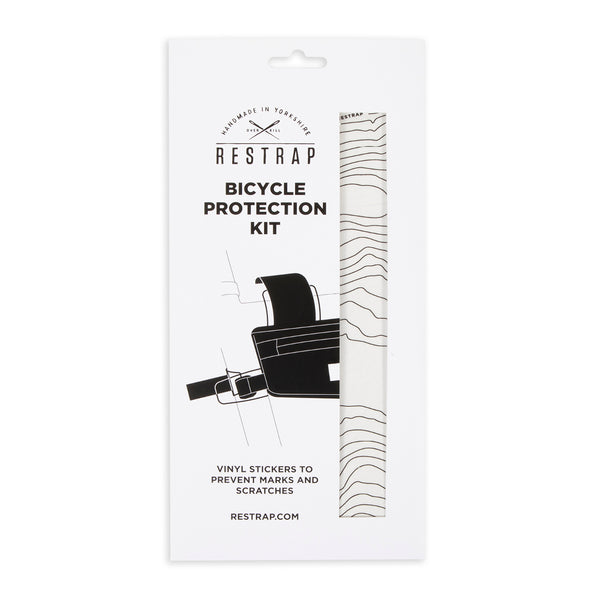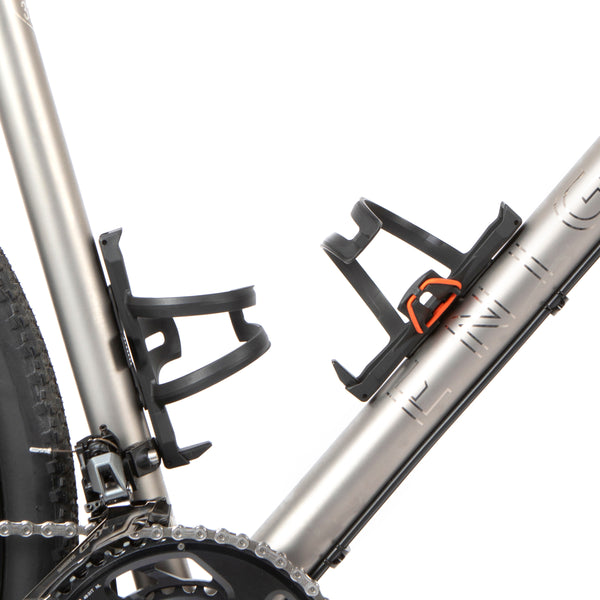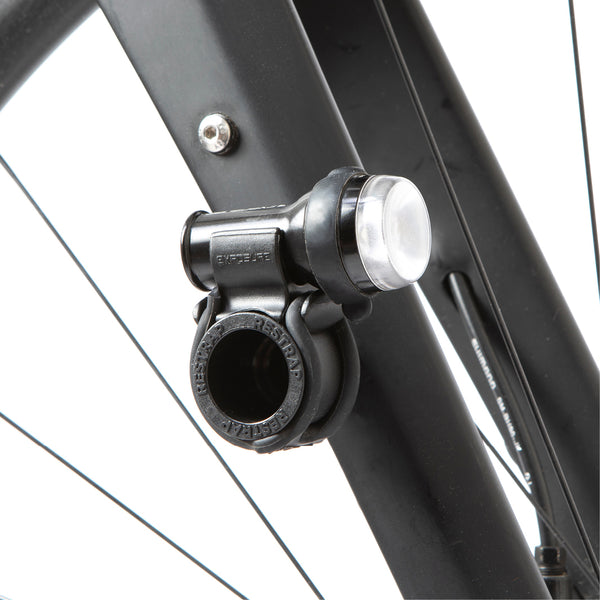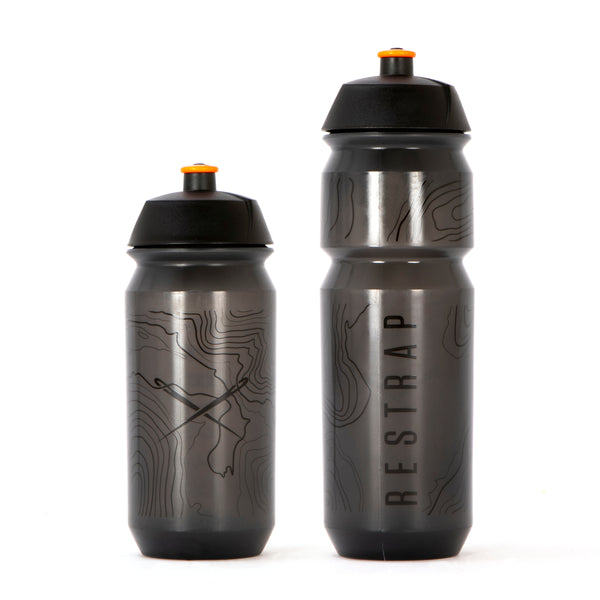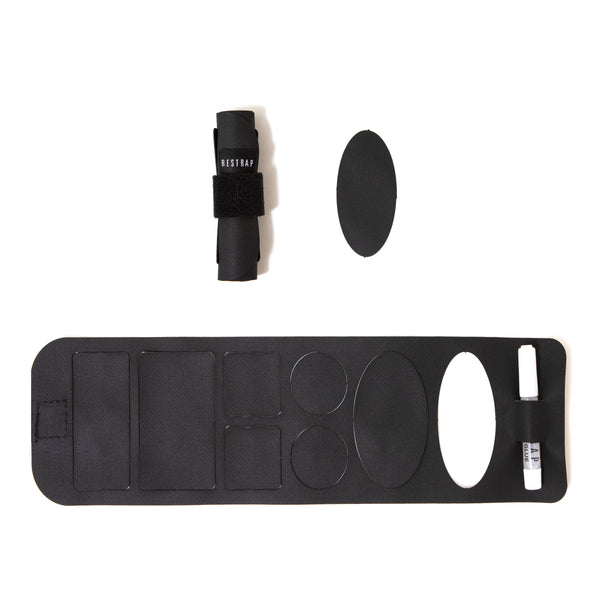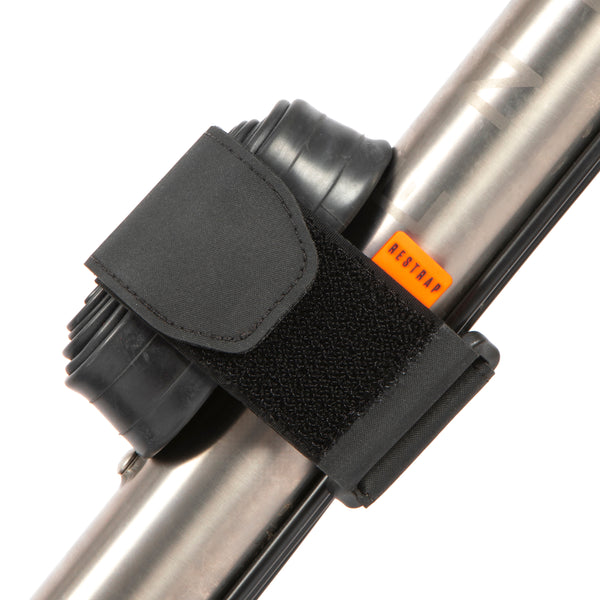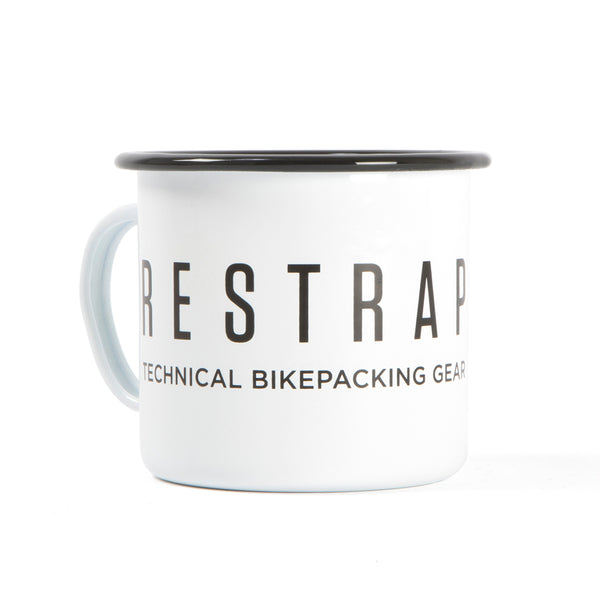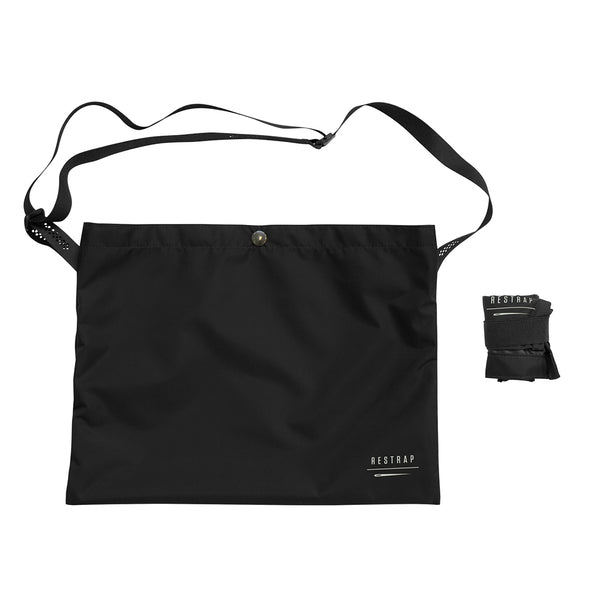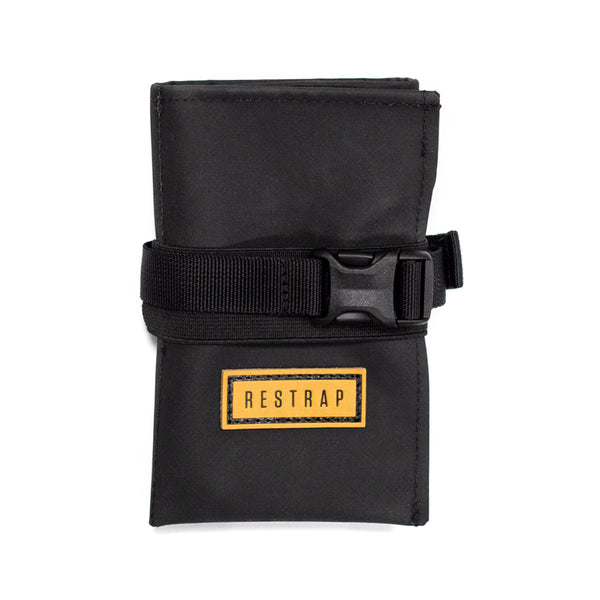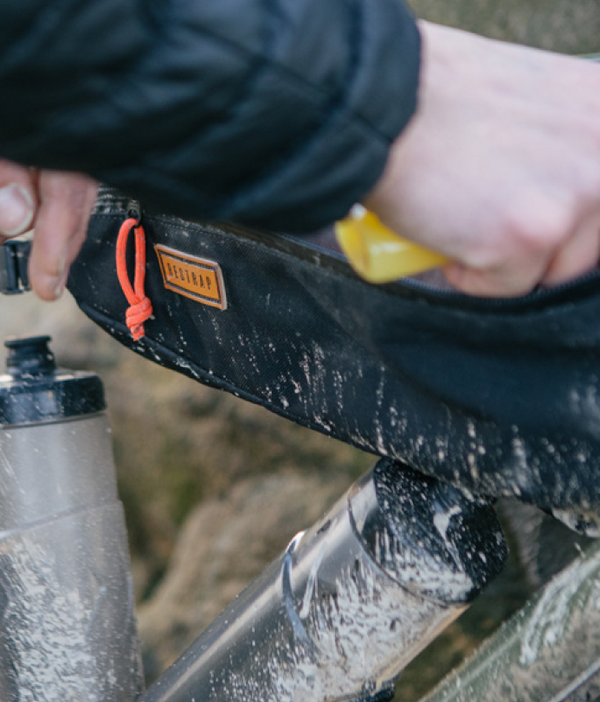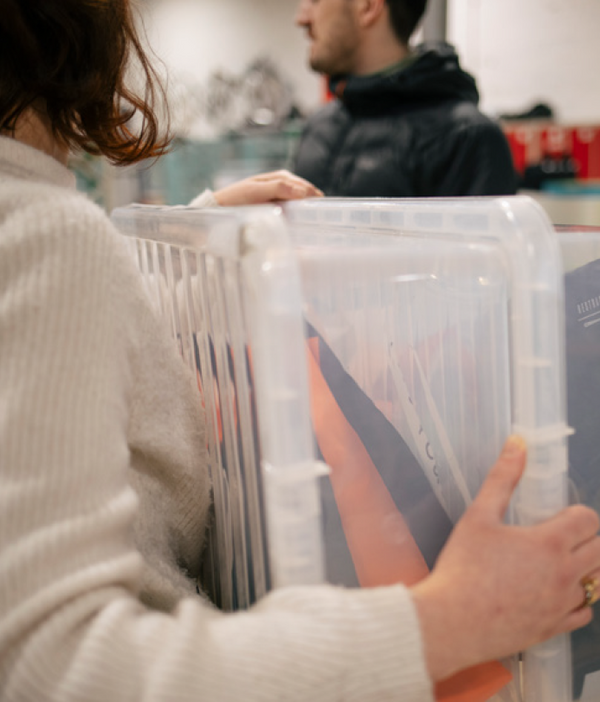Your cart is empty!
Self-Supported Riding: Why Does It Matter?

Five years ago, I was riding through Malham. It was around 7:00am on a Sunday. I was knackered, parched and starving. Twenty hours earlier I had set off from Skipton on the Yorkshire Dales 300 bikepacking route. It was a group start and maybe 20-30 other riders rolled out alongside me. It was a beautiful summer day and the miles passed quickly. I planned to ride through the night and did so without too much of a hitch, other than my usual lull around midnight. My only problem came around 3am when I realised I had completely misjudged the amount of food and water I would need. I was out of both. I kept riding, getting slower as the hours passed. Finally I reached Malham and found a water tap at the public toilets and drank my fill. It was way too early for a shop to be open, but I was hopeful for a hotel breakfast. I reached the last B+B before the long road climb out and had resigned myself to another 20km of riding until I got to Grassington. I felt a wave of dizziness at the thought. Then I noticed someone laying out knives and forks through the window, and boxes of cereal neatly lined up…

Like most self-supported races of its type, the YD300 doesn’t allow riders to cache supplies or for friends or family to meet them on route. You are allowed to use commercial services though: shops, pubs and B+B breakfasts are all fair game, as long as you don’t book in advance.
As I write this, the GBDURO, a much longer bikepacking event (it runs from Lands End to John O Groats) is drawing to a close. I spent a couple of days earlier in the week following the race. I heard similar tales of woe from racers: mechanicals and well-timed bike shops. Lost or forgotten kit and days of discomfort until it could be replaced under the rules of the race.
UPDATE – just before publishing this story, race leader Angus Young was disqualified for taking outside assistance when he borrowed a spectator’s bike to finish the last few hundred km after his freehub catastrophically failed. There was no malice in Angus’ actions and he was completely open about the steps that he had taken. It must be heartbreaking for him after comfortably leading the entire way, but rules are rules, whether you are first or last.

Self-supported – a definition
So what is the definition of self-supported, and can we apply the ethos outside the competitive side of bikepacking? In some ways, it is pretty erm, “self”-explanatory. The onus is on the rider to take care of themselves: they must not accept outside assistance. As far as I am aware, the first attempt to define what this covers was the Tour Divide. As time has gone, there may have been some small tweaks and additions, but the spirit remains the same and most other races apply the same ruleset (although it’s always worth checking beforehand).
I’ve borrowed this list from https://www.selfsupporteduk.net.
1. Complete the entire route, under your own power – no drafting.
2. Be completely self-supported throughout the ride – absolutely no support crews, absolutely no gear sharing.
3. Only use commercial services that are available to all challengers – no private resupply, no private lodging.
4. If you have to leave the route, you must re-join it at the exactly same spot.
5. No caches of any kind.
6. No pre-arranged support, which means before you begin your ride – e.g. booking a B&B, arranging to meet a vehicle.
7. No travel by any motorised means during your ride – by all means do so if necessary, but understand if you do your attempt is over.
Converting that into a typical bikepacking race experience, it means that you are allowed to buy food from a shop along the way – even call into a five star restaurant if you like (as long as you don’t book beforehand) – but your friend can’t meet you part way and drop you off a butty. Equally, you can stop at a bike shop along the route and make use of their services. You can even knock on the door of a B&B as you pass and ask if they have room for the night. But, should you have a horror show of repeated punctures and you borrow an inner tube from another rider, well, by rights you should hold up your hand and accept your attempt isn’t truly self-supported.

Why have rules?
That last point is a tricky one. If I passed a fellow racer in a pinch in the middle of nowhere, my instinct is to want to help. [Before we go on, I hope I don’t even need to make the point that in this scenario the right thing to do is always, always to offer help. Some things are more important than racing and another person’s safety is one of them. Rules can always be argued about in comfort later]. It wouldn’t even particularly bother me if the rider later passed and beat me. But, take the scenario to the extreme and imagine a rider who deliberately left all their spares at home to save weight and the playing field doesn’t feel particularly level.
There have been plenty of arguments and controversies over the years, especially around some of the greyer areas of the ruleset. Perhaps most notably, Lael Wilcox was called out a few years ago for having a film crew – which included her partner – following her attempt on the Tour Divide record. People suggested that the presence of the crew represented an advantage, even if it was just a psychological one. The resulting arguments were covered in the film “I Just Want To Ride”.
Ultimately the point of this ruleset isn’t to exclude or disqualify riders. It is to try and create an inclusive race environment; to make that level playing field; one that doesn’t penalise those without access to a huge support crew or the funds to pay for a hotel every night. It allows for fair racing and comparable times when seeking records or FKTs (fastest known times on a route).

How does that apply outside racing?
Does any of that matter when you and your mates head out for an overnighter next weekend? Yes and no. Of course there are no rules to worry about. There is no harm whatsoever in booking a hotel. In fact, the extra flexibility may allow for a more enjoyable experience.
A few years ago, I rode the GR5 trail across the Alps – from Geneva to Nice – with my girlfriend. It took around eleven days. We chose to book refuges, AirBnBs and hotels as we rode. By doing so, it meant we could carry significantly less kit and enjoy riding an unloaded mountain bike down some of the best descents the Alps have to offer. At no point did it feel like the easy way out, but we were also repeatedly thankful of the comfort of a roof over our heads as we fled late afternoon storms.
What can the every-day bikepacker take from the self-supported mindset then? Well, being self-reliant is a hugely empowering thing. Having the tools and knowledge to repair your bike in the mountains has the potential to save your life one day. So does making the right judgements about how much warm clothing and food to bring. The same applies to knowing how to navigate, reading the weather and understanding your body enough to know how many miles you are likely to cover in a day. Most of these points transcend racing and fall under the catch-all of “mountain craft”; a blend of common sense and the kind of experience we build up through making mistakes and trying again.

A sense of adventure
Perhaps the biggest benefit to self-sufficiency is the opportunity for adventure it affords. After a couple of decades of camping with my bike (the term bikepacking hadn’t been invented when I first threw my tent and stove into a rucksack and set off into the Dales for a night), I still get a huge kick from the potential that this type of travel offers. Knowing I can fit everything I will need for a few days of fun exploring in the hills into a bar bag, frame bag and saddle pack still gives me a huge thrill.
Even better (assuming I’m not racing), if my plans change I can make my experience a little more pleasurable by stepping outside the self-supported ideals and calling ahead to a hostel or B&B.
Maybe, for those of us who aren’t toeing a startline, that’s what true self-sufficiency is: having the confidence to make the decisions that mean we have the most fun on our bikes – whether that is a Type 2 fun adventure or luxury credit-card touring or something in between.

- Tom Hill
@24tom
Photo credit: Sanne Hipiteuw (@sannehit), Lee Grieves (@grupetto_grieve), Alex Dyson (@a__dyson), Dan King (@breakawaydigital), Stuart Rider of Riders Cycle Centre














